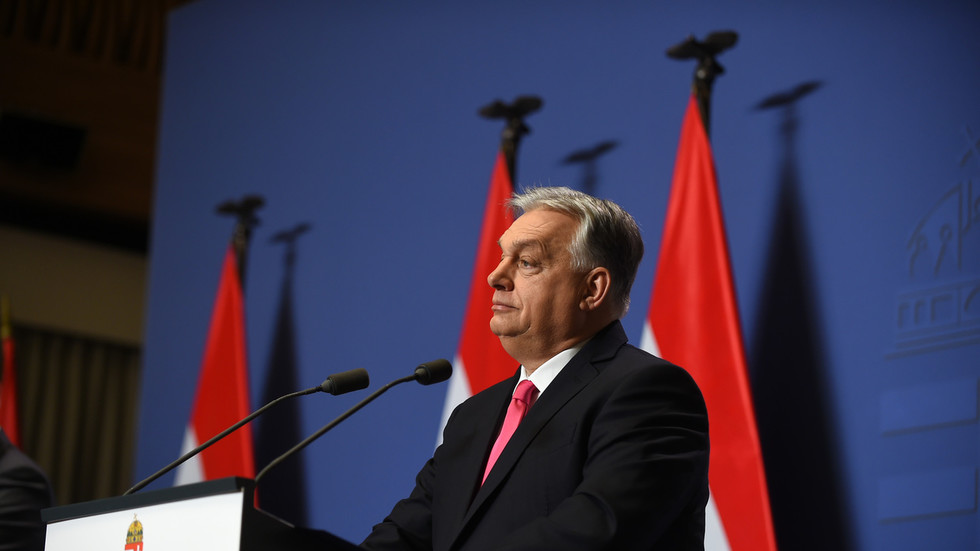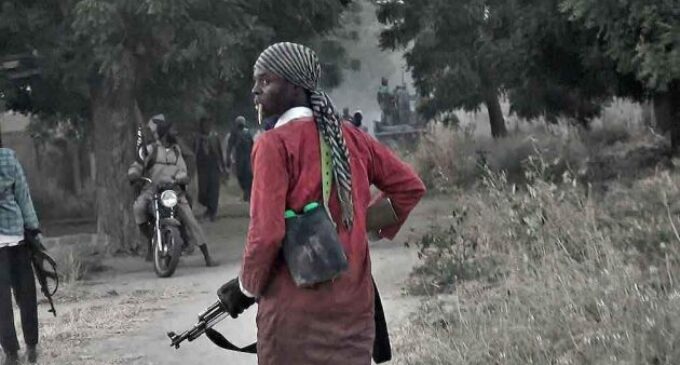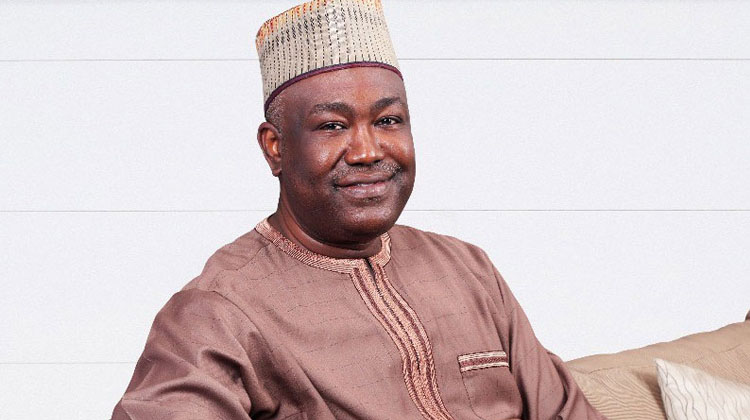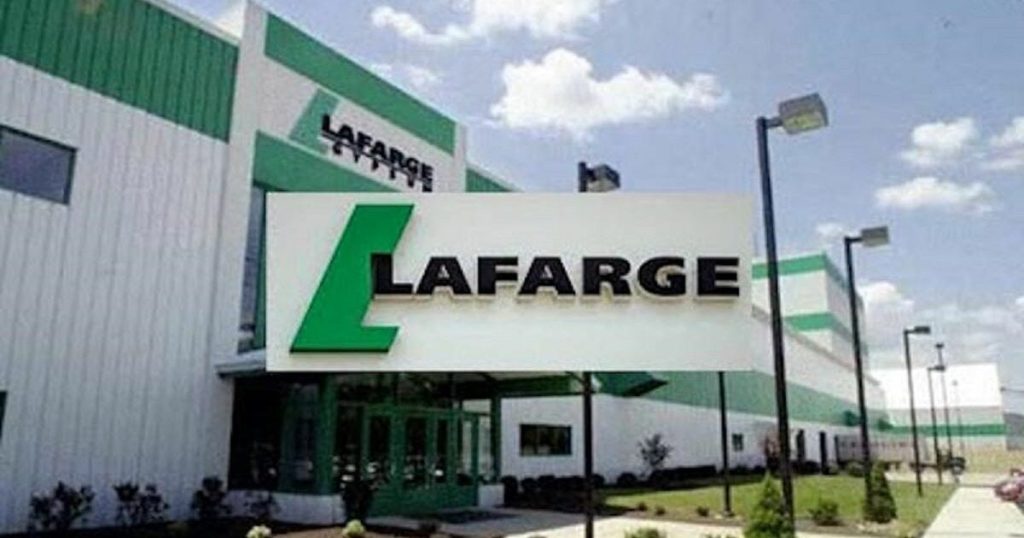Residents of Ibadan, the capital of Nigeria’s southwestern Oyo State, have staged a protest against plans to expand boundaries for a long-delayed infrastructure project, urging authorities to halt further land acquisition. Dozens gathered outside the state government secretariat on Monday, voicing concerns over potential displacement and social disruption if the proposed Circular Road extension proceeds beyond existing 150-meter demarcations.
The contested project, first envisioned in 2003 under then-Governor Rasidi Ladoja, aimed to ease traffic in Nigeria’s third-largest city. While initial land markings were completed between 2003 and 2007, successive administrations delayed construction. Work finally began under late Governor Abiola Ajimobi (2011–2019), but the current government’s reported plans to widen the corridor have reignited tensions. Protesters, largely from Akinyele Local Government Area, argue that expanding the road’s footprint would compound hardships for communities already impacted by prior phases.
“We’re begging the government not to take more land beyond what was marked years ago,” said Ismail Qamardeen Abimbola, a community representative. He listed over a dozen villages—including Solalu, Alagbede, and Olukitibi—where residents fear losing homes or farmland. Placards carried messages like “150 Meters Is Enough” and “Our People Are Dying Daily,” with participants claiming the existing plan had already caused significant distress, though specific details about fatalities were not clarified.
The Circular Road project, designed to connect key areas across Ibadan’s outskirts, has faced decades of delays and political shifts. Late Governor Adebayo Alao-Akala, who succeeded Ladoja, shelved the initiative before Ajimobi revived it. Critics now question whether further expansion aligns with current urban needs, particularly given housing and agricultural pressures in peri-urban zones.
Community leaders emphasize that previous land acquisitions disrupted livelihoods and housing, with Abimbola stating, “Many suffered under the original markings—extending it would be unbearable.” The demonstration highlights growing friction in Nigerian cities where infrastructure development intersects with land rights and displacement risks. As state officials weigh the road’s economic benefits against local concerns, protesters have appealed for dialogue to balance growth with community welfare.



